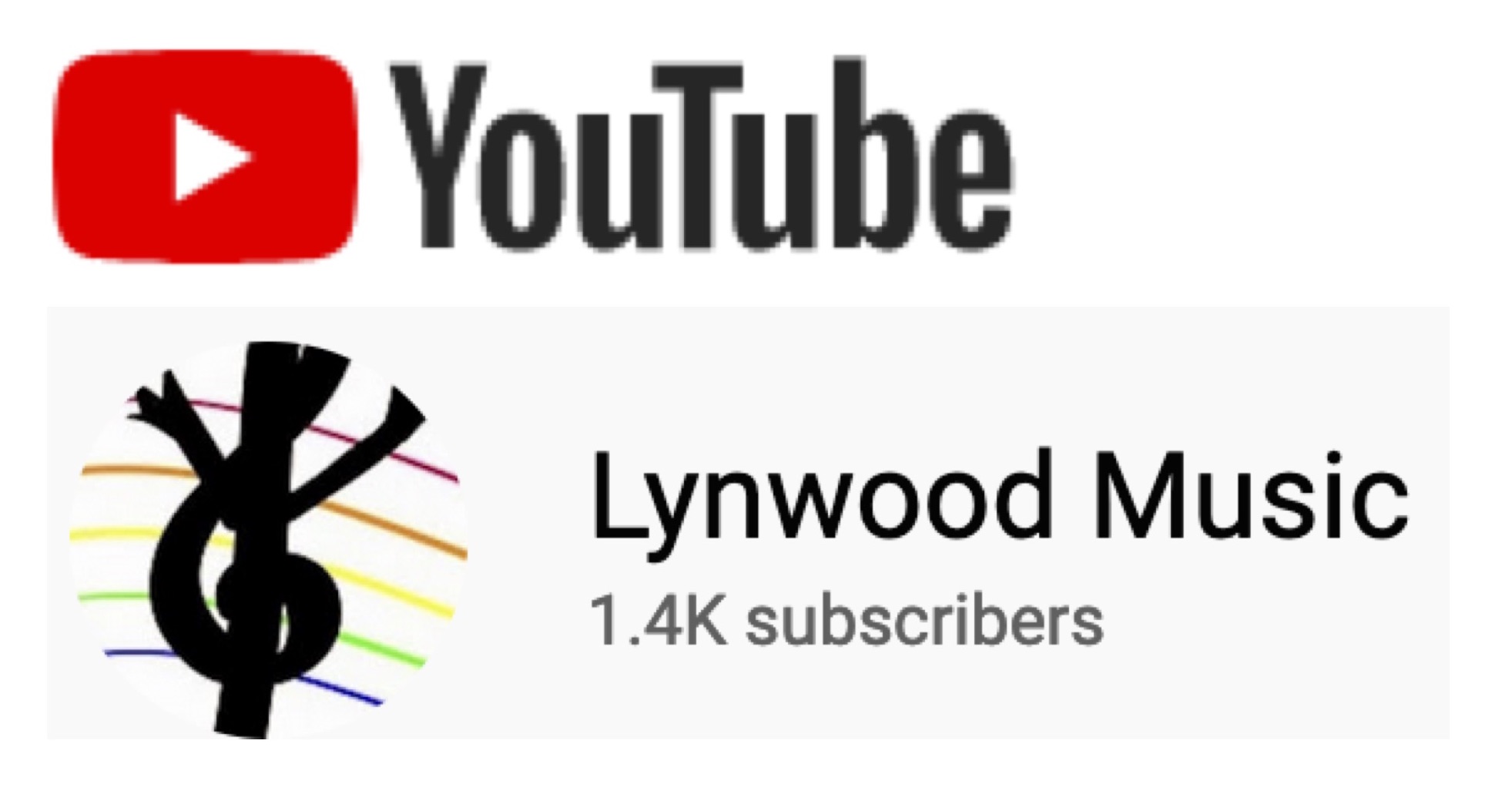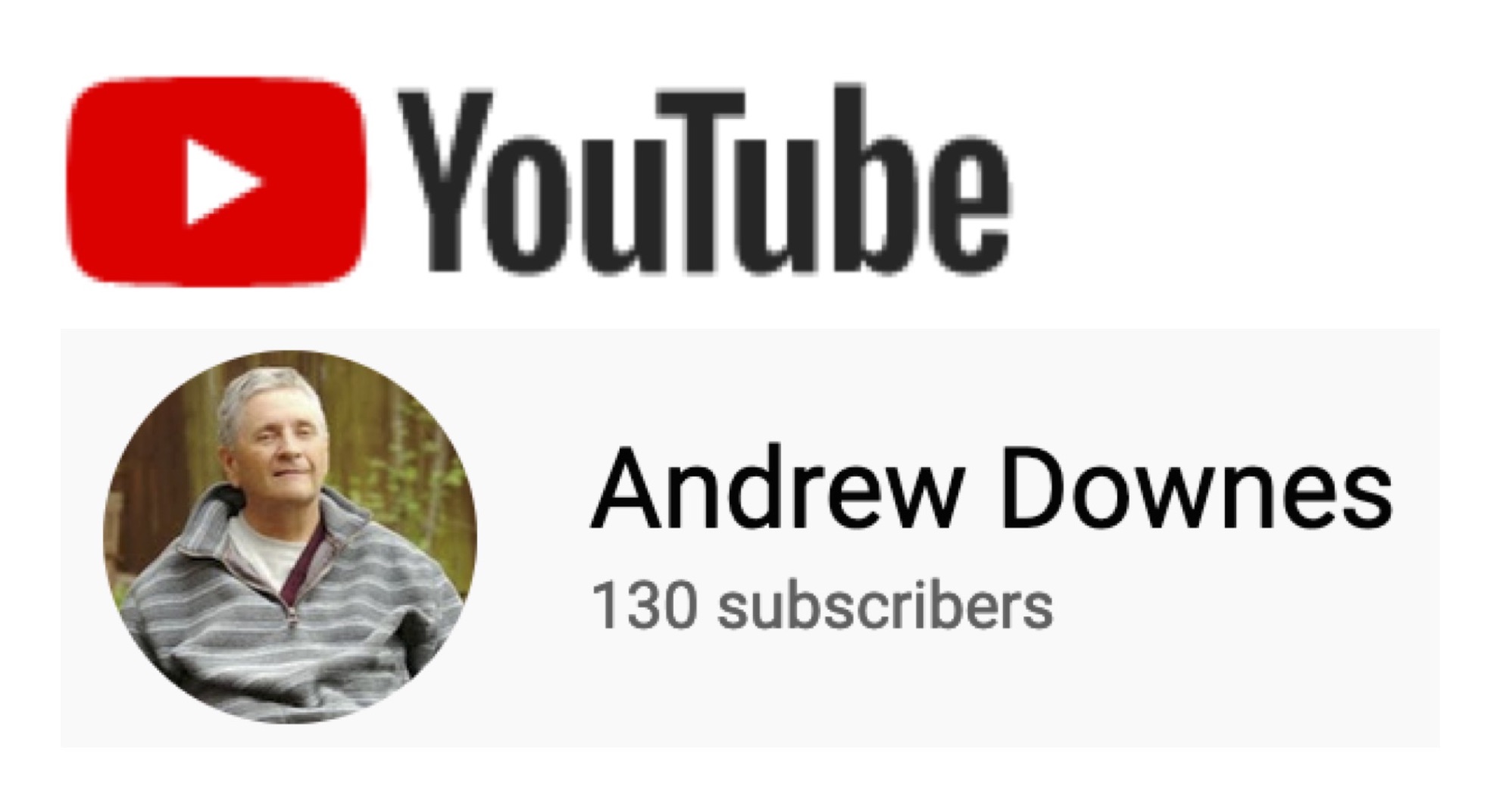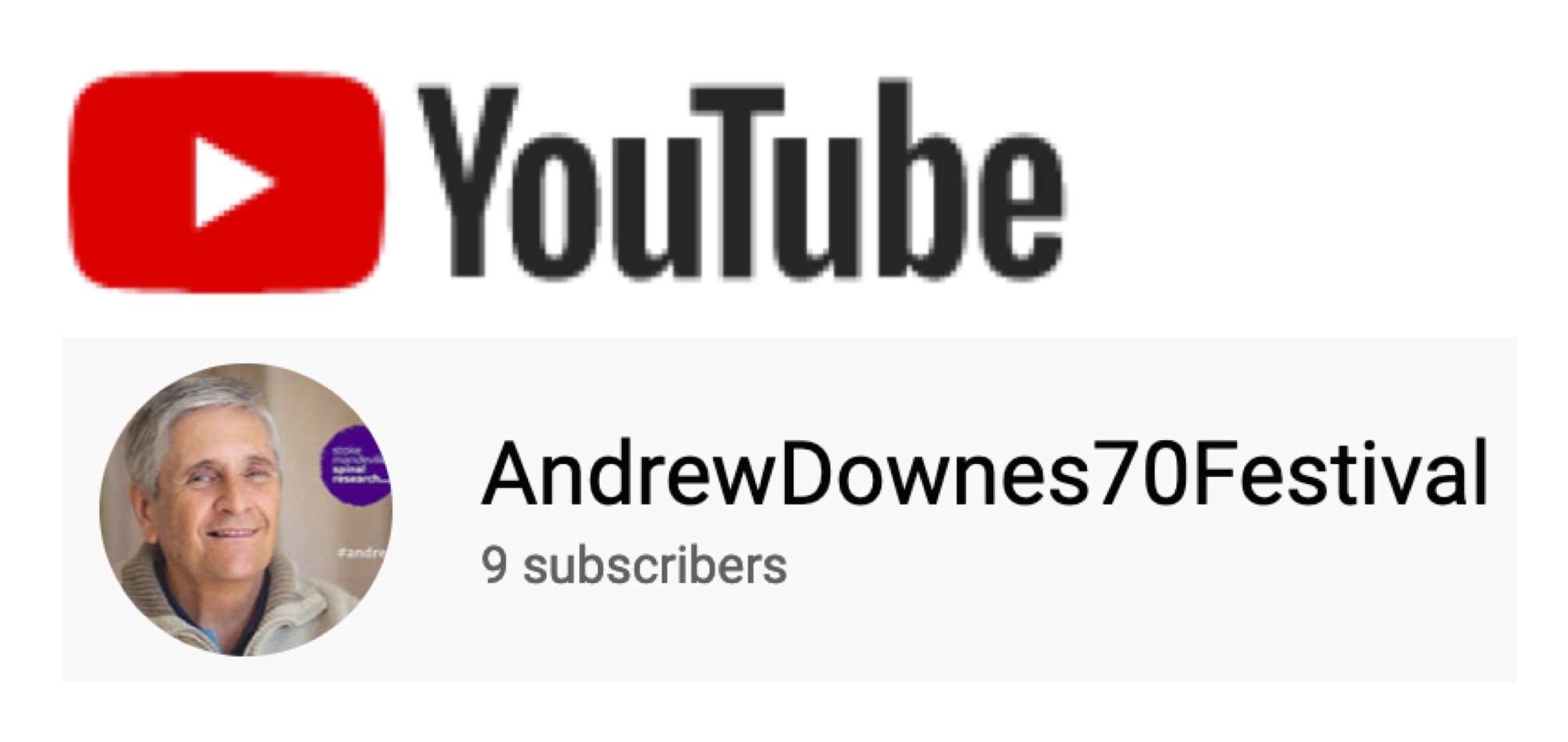Review in Fanfare Magazine, (USA) July/August 2008
Follow Cynthia Downes on Instagram to keep up-to-date with her blog posts.
CD Review by Steven E. Ritter
BRAHMS Horn Trio in E♭. DOWNES Sonata, op. 93. HERZOGENBERG Horn Trio in D _ Brahms Tr Prague _ ARTESMON 726 (68:11)
This delectable disc is a sterling example of programming at its finest; not only do we get a bona fide masterpiece, but also two works that show us where the horn trio has come from at the same time as Brahms, and where it has gone to in our day. Let me get the really important considerations out of the way first; the three musicians that make up the Brahms Trio Prague are superlative young players that have been together only since 2005. In their concerts they also play other varieties of chamber music (like sonatas and such) to add a dimension to their performances. They also commission many works for the piano trio format. All of the performances here are definite Want List candidates, and the Brahms equals the best I know. Their names, because they deserve mention, are Monika Vrabcov_, violin; Ondřej Vrabec, horn; and Daniel Wiesner, piano. The sound on this release is immediate and vital, each instrument captured in the essence of its tonal properties. Only Super Audio might have enhanced it, and I cannot see by much.
Andrew Downes is an English composer new to me, born in Birmingham, a Howells student, now a freelance composer thanks to the popularity of his work in Britain and other places in Europe, particularly the Czech Republic. It is very tonal and very accessible (how I hate that word, but I am not sure what else to call it), but at the same time of remarkable craftsmanship and interest. So much tonal music today (and God love it) seems devoid of intrinsic musical interest, and often feels contrived. Not so Downes. His language is replete with that indefinable term meaning, however one believes that music is able to convey such a thing. And his writing for the horn is truly splendid, challenging for the player but at the same time gratifying for listener and performer. It starts off in a very meditative manner, always giving the instruments time to speak their piece before joining together in the rather passionate second movement. The finale brings a dancing jollity to all, a suitably festive ending.
Heinrich von Herzogenberg (1843_1900) has seen the pages of Fanfare before; this friend of Brahms has gotten very favorable treatment here, along with some very good descriptions of his life and place in the Romantic era. I will not repeat what my colleagues have said before me; see the following issues: 25:2, 30:3, 31:5, and Colin Fleming_s 2007 Want List entry for the composer_s oratorio Die Geburt Christi (_The Birth of Christ_), Herzogenberg being a very devout man. He has been mentioned as having Wagner, Brahms, and Schumann in his blood, yet I think I hear the latter most of all in this trio (originally for oboe, by the way, though it is hard to imagine). But make no mistake_for all his inventiveness and enjoyment, he is not Brahms, and lacks a certain depth in his ideas (particularly his harmonic scoring) that so sets apart a true master like his friend. Nevertheless, this is a highly enjoyable work, and I am glad to have it. There is a 1994 Naxos issue that might be still around (Amazon lists it as available on MP3), but I cannot vouch for its quality.
And on to Brahms. As I mentioned, this is as good as I have heard, and these young players really dive into this tried and true masterwork. Virtually everyone has his or her favorites in this piece, the Perlman/Ashkenazy/Tuckwell probably commanding the most respect, though I have never like it all that much. Bernard Jacobson (Fanfare 26:2) spoke lovingly of the Chandos issue coupled with the Ligeti Horn Trio played by the Danish Horn Trio, and performances by Stephen Stirling and members of the Florestan Trio on Hyperion, by Martin Limoges and the Duo Lowe-Beaubien on Eclectra, and by Dennis Brain with Max Salpeter and Cyril Preedy live on BBC Legends. I must confess to a guilty pleasure when hearing Lowell Mason_s natural horn on a cheapie Harmonia mundi CD, and Jerry Dubins elevated the Stransky, W_chter, and Okada Trio on Camerata to his new favorite (31:5). I don_t know that one, but have difficultly imagining it better than this one. The choices are legion, but if you go with this excellent disc you will do well. Steven E. Ritter
This article originally appeared in Issue 31:6 (July/Aug 2008) of Fanfare Magazine.
If you have performed in any of Andrew Downes' works or come to listen, please share your experiences in the Premieres Blog! Also see what others have said. Thank you so much for your contribution.


